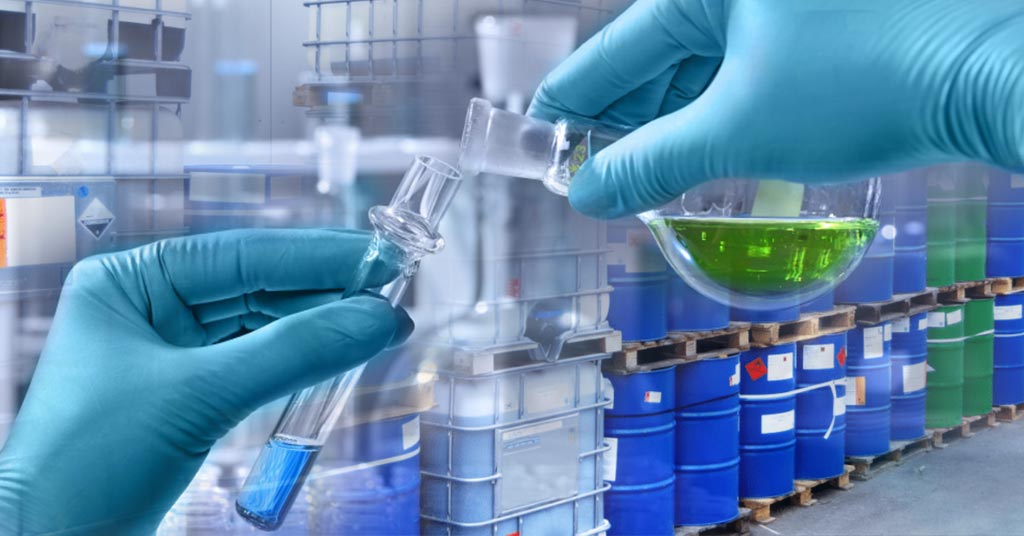Welcome To ChemAnalyst

Addressing the imperative for environmentally friendlier approaches to chemical production, a recent study conducted by researchers at the University of Wisconsin–Madison has illuminated a potential avenue in this pursuit. By harnessing the capabilities of hydrogen fuel cell technologies, a promising pathway emerges towards greener chemical synthesis. These technologies, already prevalent in powering electric vehicles, laptops, and cell phones, showcase their adaptability in the realm of chemical manufacturing.
The enormity of the chemical industry's energy consumption is a resounding call for innovation. The drive to reduce its carbon footprint aligns with the broader objective of decarbonizing the industry. Shannon Stahl, a distinguished figure in the UW–Madison Department of Chemistry, who spearheaded much of this research, underscores the significance of renewable electricity in revolutionizing chemical production. This transition away from fossil fuels has the potential to usher in a new era of chemical manufacturing with significantly reduced carbon emissions.
Traditionally, the chemical production process relies heavily on zinc metal as a source of electrons. However, the intricacies of handling zinc and the consequential generation of substantial environmentally detrimental waste render this method less than ideal. Collaborating with researchers from Merck & Co. Inc., a pharmaceutical leader, chemists and engineers from UW–Madison endeavored to engineer a more sustainable approach for synthesizing the essential ingredients that underpin a plethora of pharmaceutical drugs.
Amidst their quest for an innovative approach, the researchers found inspiration in the realm of hydrogen fuel cells. These fuel cells rely on hydrogen gas as the fundamental source of electrons to facilitate electricity generation. Recognizing the parallels between this concept and the domain of chemical synthesis, the researchers set out to harness the potential synergy between hydrogen and electricity. The implications of this research extend beyond theoretical contemplation. The promise lies in the creation of a novel framework for chemical manufacturing, one that harnesses the power of hydrogen as an electron source. This method, when fully developed, could potentially supplant the conventional reliance on zinc, thereby mitigating the associated environmental drawbacks and complexities.
As industries across the spectrum seek to align with sustainability objectives, this integration of hydrogen and electricity serves as a testament to the possibilities that lie at the intersection of science and innovation. The study exemplifies a pivotal step towards a future where chemical production is marked not only by efficiency but also by a commitment to minimizing environmental impact. This serves as a poignant reminder that the adaptation of existing technologies can yield transformative change, with the potential to revolutionize the methods of manufacturing essential compounds that have a profound impact on various aspects of daily life, including the pharmaceutical sector.
We use cookies to deliver the best possible experience on our website. To learn more, visit our Privacy Policy. By continuing to use this site or by closing this box, you consent to our use of cookies. More info.
